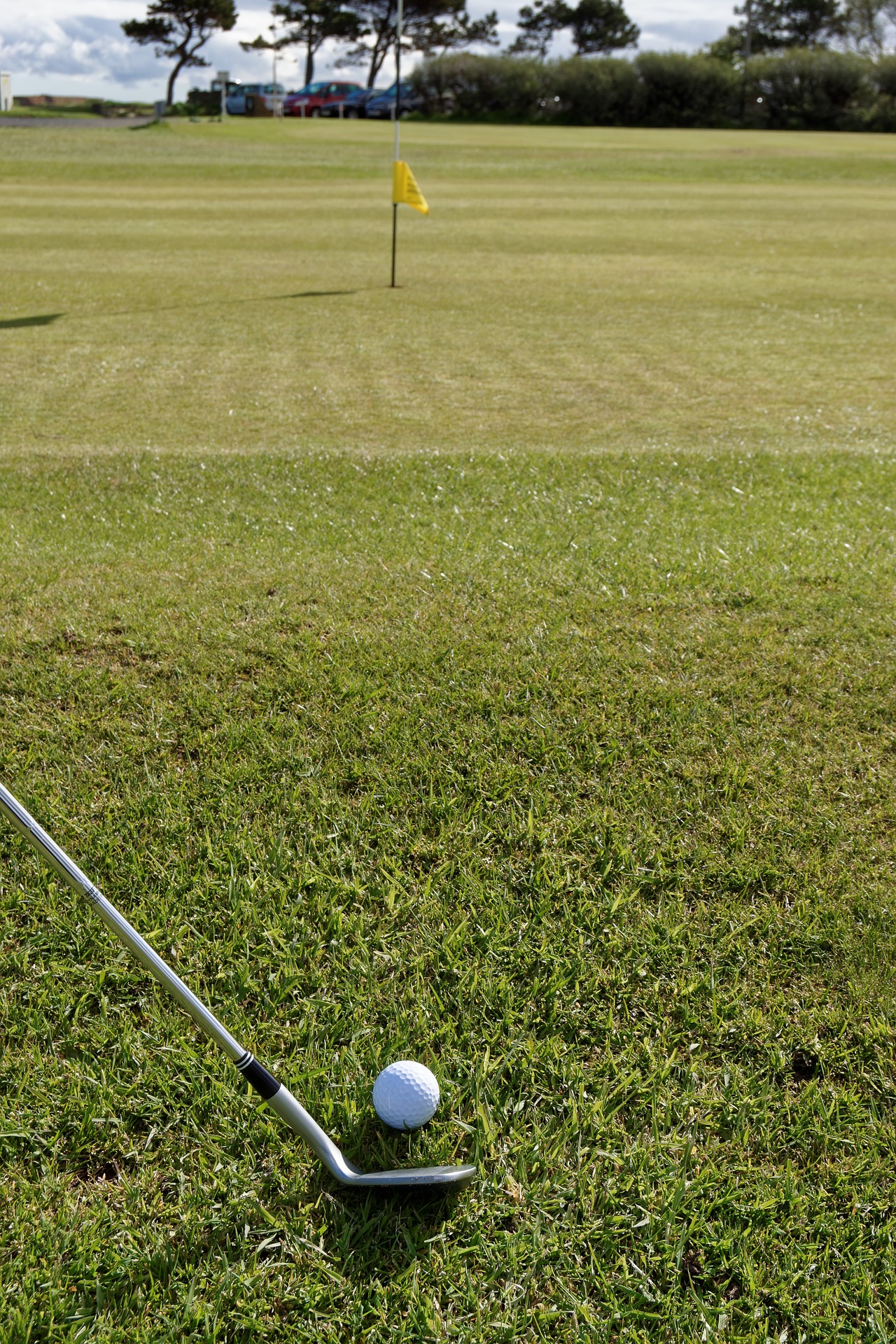
Watching, and listening to golfers on the golf course has long been a passion of mine.
It gives me an unadulterated insight into how golfers think and act in various situations, which I can then take and adapt to my clients during lessons.
Apart from the general advice given to golfers by their playing partners, one of the most common things to hear is “I just want to hit the fairway”
OK, so this is not necessarily a bad thing to hear, is it?
Well to be honest, in the grander scheme of things it is.
Imagine this;
You are standing on the tee, looking down the 50-yard wide fairway, out of bounds left, water right and no rough to speak off.
Miss the fairway and you are almost certain to be facing a penalty shot.
This mental process of thinking about just “finding the fairway” coupled with the mental imagery and vision of the dangers that lie in wait combine to create a negative mental picture of the shot you are about to try and execute.
Even when reading it, it seems blasé, lacking in ambition and it is.
Now imagine thinking like this on the tee;
Right, I have got water right, out of bounds left.
My general shape is a gentle fade. So I need to aim on the line of the green side bunker to ensure I find the middle of the fairway.
Immediately it sounds more positive, more determined.
Your brain works more efficiently when it has a detailed target, rather than a wide open space.
You are more focused in “finding” the fairway than the trouble that awaits if you don´t find the expanse of short grass framed by the water and out of bounds.
Each time you play any shot, you should aim at something small, specific.
The old phrase comes into play;
Aim small, miss small.
The more focused your target the more likely you are to find it.
If you are a higher handicapped golfer reading this, do not think for a minute that this doesn´t apply to you as well, it most certainly does.
To an extent it is probably more important for higher handicap golfers to get in to the process of directed thinking on the course.
Low handicappers will already have this thinking on almost every shot.
It is one of the reasons that they are better golfers.
They are looking at finding the best angles to approach the flag, they are aware of the areas that they want to avoid, as are high handicappers, but it is a different awareness that separates them.
Low handicappers are aware of the water hazards.
High handicappers are afraid of the water hazard, it becomes their target, because of the effort of not finding it.
A target must be as small as possible and be at the forefront of your thought process.
Change the way you approach shots and you will change the outcome.

Recent Comments